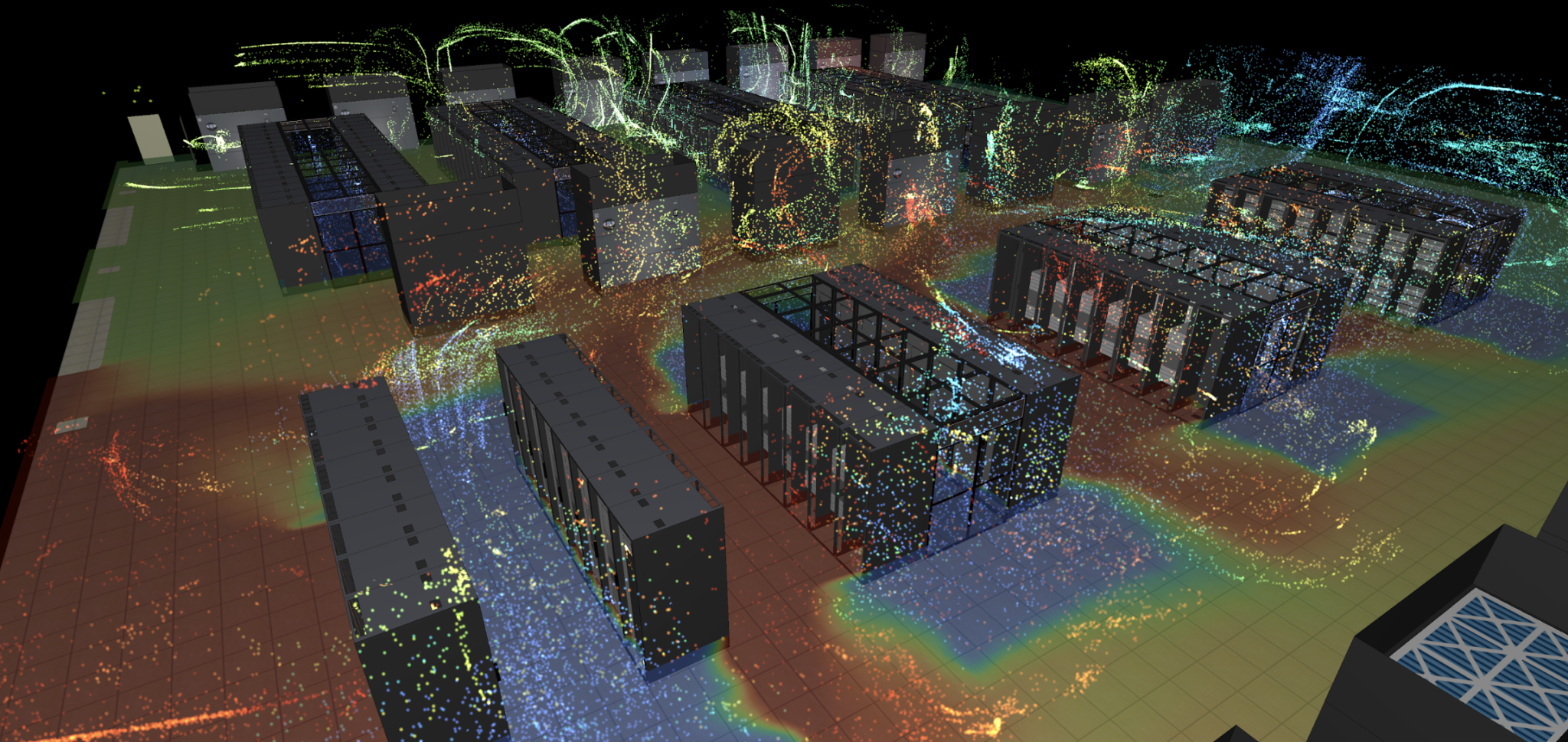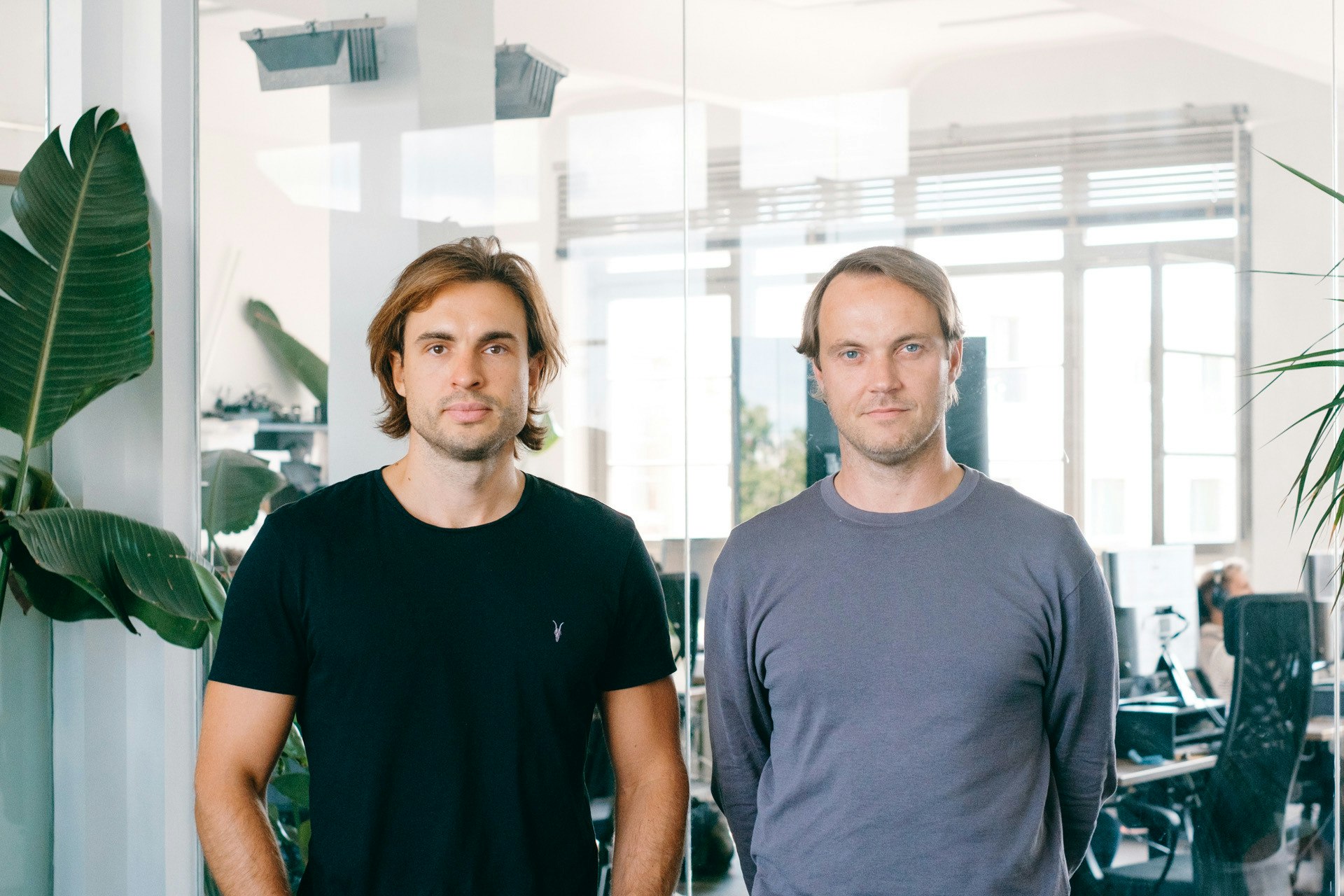Cute, white, coolbox-sized robots gliding down pedestrian pavements to deliver groceries right to your door might sound like science fiction — but Estonia’s Starship Technologies is already making it reality in more than 80 locations around the world.
The startup, which works on autonomous last-mile delivery vehicles, has just raised $90m from London-based VC firms Plural and Iconical. It’ll use the fresh funding for further global expansion and to roll out its latest wireless charging technology.
“We’ve spent the last 10 years at Starship making a world-leading, autonomous delivery solution that is profitable — but we’re not ones to rest on our laurels,” Ahti Heinla, the company’s cofounder and CEO and the Skype alum, said in a statement. “When you’re doing something no one has done before, there’s always more to do.”
What does Starship Technologies do?
Founded in 2014 in Tallinn, Starship Technologies produces last-mile delivery robots that, since their launch, have made six million deliveries of takeaway orders and groceries.
The company says the robots are designed to overcome ordinary traffic difficulties en route, including snow, rocky terrain, crossings and blockages (there are, however, reports of passers-by and policemen helping robots out when they get stuck in snow or at an especially busy crossing).
The robots are used for last-mile delivery by companies like Estonia’s Bolt, UK’s Co-op, the US’s Aramark and French Sodexo. They operate in cities and student campuses in the US, the UK and the company's home country Estonia.
Each Starship robot can run for 18 hours fully charged. The company says that, in comparison to other last-mile delivery solutions, its technology is sustainable — a single delivery takes the same amount of energy as boiling a kettle.
Its 180 team members are based at the founding office in Tallinn, Estonia, in its global headquarters in San Francisco and across the US, UK, Denmark, Finland and Germany.
What’s next for Starship
Starship has recently carried out a pilot of wireless charging for its robots at one US university, allowing them to recharge autonomously and wirelessly, something the company says is a world first. The startup plans to use the fresh funding to roll out the new charging solution globally.
“Getting wireless charging right means that robots can recharge themselves in between deliveries — in terms of last-mile delivery economics that’s huge,” says Heinla.
The startup is also working on new AI and tech solutions to improve its robots — with a focus on serving customers with disabilities — the details of which it’s hoping to announce in the upcoming months.
It also hopes to expand in its current markets and possibly open in some other countries in 2024.


